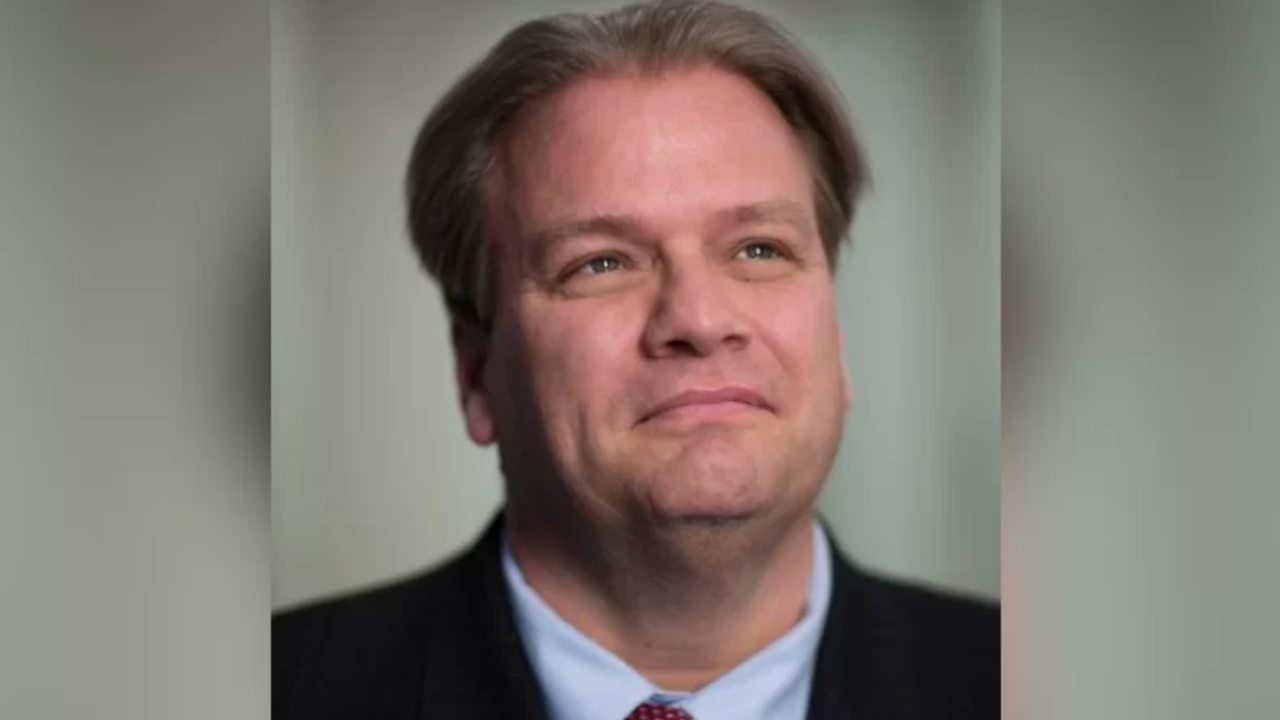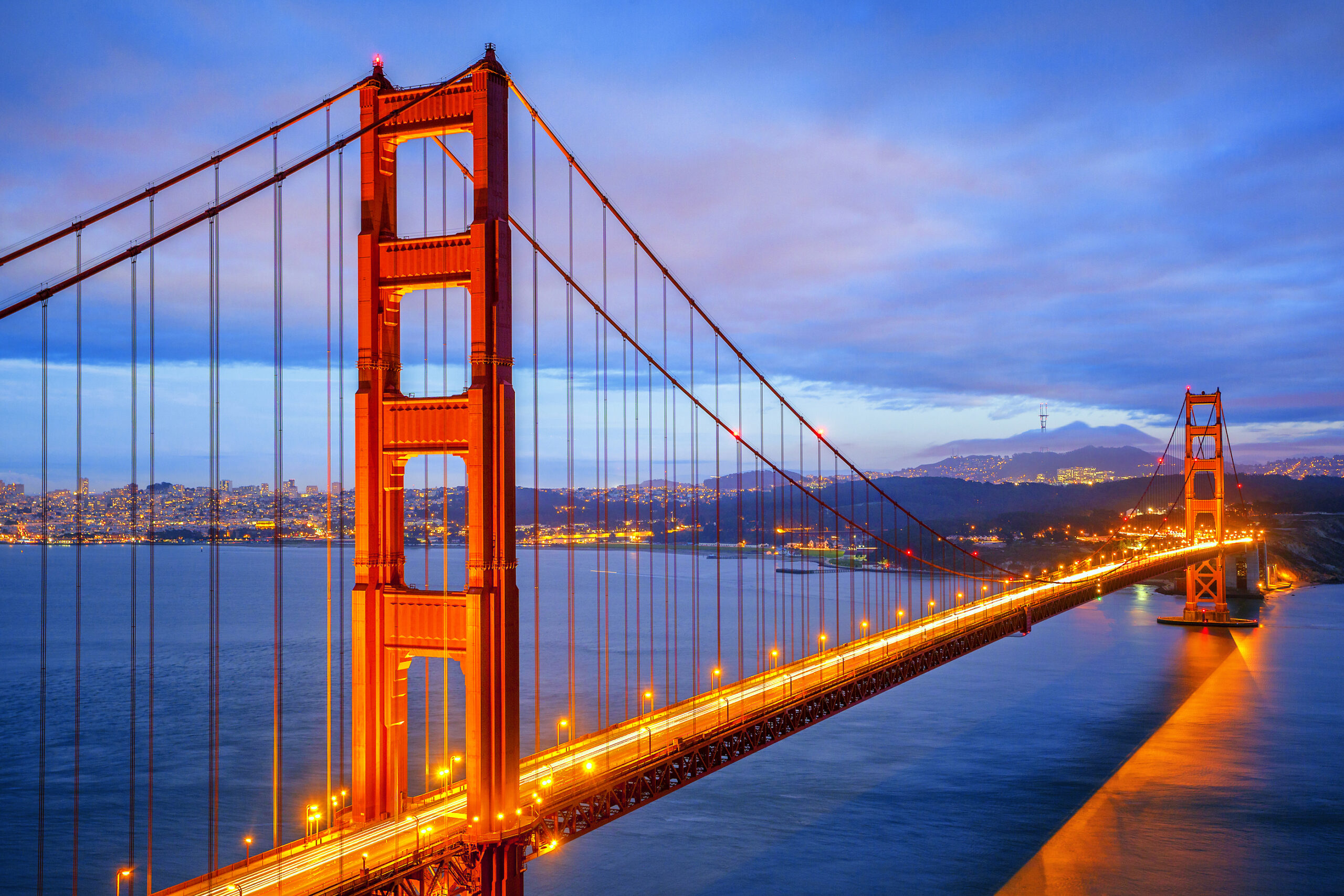Intellectual property protections are indispensable to a thriving economy. Without IP rights, innovators would hold back their next big idea, and business logos would be far less splashy. Unfortunately, state and local governments are cynically exploiting IP rights to make a quick buck at the expense of everyone else.
Localities have been on a trademarking spree by threatening legal action against businesses and other governments for using generic phrases squarely in the public domain. Everything from old streetcar images to airport names is fair game in these absurd trademark tussles. Governments should defend IP rights instead of using phony trademarks as public-sector piggy banks.
Brands such as McDonald’s and Apple (and corresponding logos) are protected by trademarks, which prevents competitors from cashing in on their names and images. While courts examine a variety of factors to weigh trademark infringement claims, the key question is whether consumers are likely to be confused by someone else using names like “Apple” for their own business. For “Apple,” the answer is almost certainly yes for computer companies but probably not for plumbing, heating and air services.
This standard is evidently lost on San Francisco public officials, who are suing to prevent Metropolitan Oakland International Airport (OAK) from changing its name to the “San Francisco Bay Oakland International Airport.” Oakland reasonably sees “San Francisco Bay” as a geographic identifier that will help travelers locate the wider airport area. Yet, San Francisco ludicrously claims that OAK’s name change will cause consumers to confuse the airport with San Francisco International Airport. The city of San Francisco is in a financial crisis, and this appears to be a money grab rather than a valiant fight to protect IP.
Travelers routinely fly through different airports with overlapping names. Just ask residents of Maryland, Virginia and the District of Columbia, who regularly fly through Baltimore/Washington International Thurgood Marshall Airport, Washington Dulles International Airport, and Ronald Reagan Washington National Airport. New Englanders are likely familiar with Boston Logan International Airport and Manchester-Boston Regional Airport. International travelers regularly fly through two major Istanbul airports, each of which have “Istanbul” in their names. Virtually all booking websites include the three-letter International Air Transport Association code on travel confirmations, which consumers can easily plug into a search engine for directions (or input directly into a ride-sharing app). When consumers get airports confused, it often has to do with airports being in the same vicinity rather than sharing a similar name.
None of this matters to San Francisco, which is trying to monopolize the “San Francisco Bay” descriptor and force Oakland to pay up to use it.
Unfortunately, this airport name battle is not the only trademark tug-of-war gone awry. In a desperate cash grab, the New Orleans Regional Transit Authority (RTA) wants to charge businesses a fee for displaying antique pictures of streetcars. Louisiana Senate Bill 340 “would prevent citizens from reproducing images of the original 900 series Perley A. Thomas streetcars designed in the early 1920s, and the replicas assembled by RTA for business purposes.” These images have long been considered part of the public domain, but the money-hungry RTA wants a piece of local businesses’ streetcar marketing.
The RTA is a hot mess. The agency has a massive consumer base of 18 million tourists annually and 400,000 residents, yet it is far from balancing its books. The RTA takes in a paltry $11 million yearly in fare revenue compared to an astounding $78 million in operating costs for buses and streetcars.
Federal taxpayers are “asked” to step in and provide $30 million yearly to defray RTA expenses, and New Orleans taxpayers bridge the rest of the gap through sales and hotel taxes. The Louisiana Senate bill is another attempt to paper over these losses by fining businesses up to $5,000 for having the audacity to use an old streetcar for marketing purposes. Stopping this legislation is the big, easy fix.
From airports to streetcars, public-sector forays into trademark law betray a fundamental misunderstanding of how IP works and benefits the economy. Localities must end these legal shenanigans and protect entrepreneurs instead of fining and threatening them.


